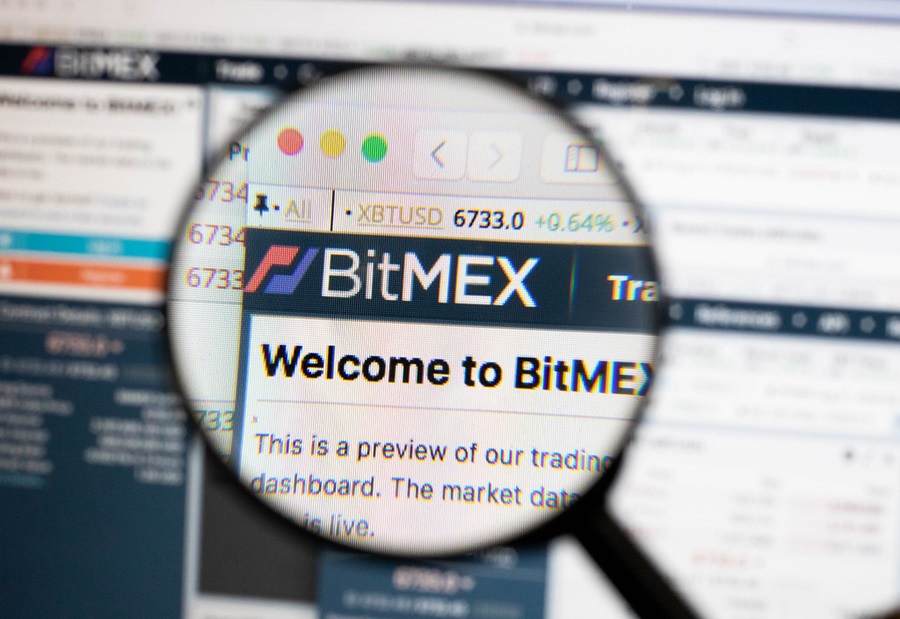BitMEX has landed in hot water yet again as the crypto exchange platform inadvertently leaked thousands of its user base’s emails. Following the massive blunder, the exchange instructed its customers to add BitMEX’s support email in their contact list in an attempt to prevent phishing attacks.
A 2-factor authentication (2FA) has also been incorporated to further decrease the chances of people getting their identities being used for fraudulent activities. Suffice to say that the gaffe is causing widespread damage on BitMEX’s reputation, which is already standing on thin ice, CoinDesk reported.
BitMEX has apologized to its user base and has identified the source of the problem. According to Decrypto, the company accidentally used the wrong email tool. It was supposed to use blind carbon copy to send batches of the email but inadvertently use carbon copy instead, resulting in thousands of user emails being exposed. BitMEX has assured its community that no further information has been revealed other than the emails.
BitMEX is in full damage control
“BitMEX takes the privacy and security of our users very seriously. We are working around the clock to establish communication with all our users to provide any assistance and to ensure the continued safety of their account. Beyond email addresses, at no point during this issue has any personal data or account information been disclosed,” the exchange said in a statement.
Despite the reassurance, however, users are still worried that hackers might use the emails to launch a large scale phishing attack. BitMEX has a reported daily active user base of around 22,000 so it’s not surprising that a lot of people are worried about the possibility.
CFTC still investigating BitMEX’s operations
The blunder also took place amidst the ongoing investigation of the U.S. Commodity Futures Trading Commission (CFTC) on the company, Bloomberg reported. The probe is due to the regulatory body suspecting that the company may have allowed Americans to use its platform for crypto trading.
The agency has jurisdictions on futures and swaps, products that are operational under the BitMEX umbrella. And while the company is blocking out users from multiple territories including the United States, some are still able to pass through the cracks by using virtual private networks (VPN). It remains to be seen what sort of dirt the CFTC’s investigation will yield, if it does at all.
Image license: https://creativecommons.org/licenses/by/2.0/
























Comment 41